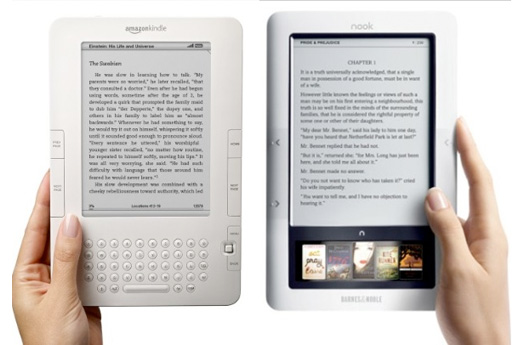Typically our Merchandise Monday posts focus on tangible merchandise rewards. We've talked about ergonomic knives, vacuums with tattoos and even some "technically" intangible awards like phone time and music downloads. This week is a bit different however since we will be diving into even more  abstract awards that have become a booming business online.
abstract awards that have become a booming business online.
Social gaming.
In a recent report from Mashable, over 56 million people are playing social games. You know those Farmville and Mafia Wars that junk up your Facebook news feed? That annoyance has captured the time and purse strings of millions of people. The report estimates that at least one out of every five people over the age of six have played a social game at least once in their life. This form of gaming is evolving from a hobby exclusive to "web geeks" to something for the average person - even those who aren't traditional gamers. Most people who use social games have never played traditional video games (35% according to Mashable's article).
A Hot "Commodity"
Along with these social games comes the economic part - virtual goods. Virtual goods are a huge form of currency online and generated around $2.2 billion (that's "billion" with a B) in revenue in 2009 alone. You know, 2009...when the economy was in the toilet? Spending for these goods is estimated to hit around $6 billion by 2013, meaning that virtual goods will become an even more popular commodity.
What is a virtual good?
Virtual goods are by definition non-physical objects that are purchased for use in online communities or online games. For example, in Farmville, users can use real money to buy "coins" in the Farmville world. These coins are used to purchase things in the online store to help further their success in the game, such as buying seeds to grow more virtual crops (which can eventually be resold), animals and buildings. Sure coins have the ability to be earned but why not expedite your success with your wallet?
online games. For example, in Farmville, users can use real money to buy "coins" in the Farmville world. These coins are used to purchase things in the online store to help further their success in the game, such as buying seeds to grow more virtual crops (which can eventually be resold), animals and buildings. Sure coins have the ability to be earned but why not expedite your success with your wallet?
These goods aren't limited just to gamers but have other places out in the market. Is it someone's birthday on Facebook? Use your Facebook credit account to purchase them a virtual birthday gift to post up on their wall. These "gifts" were initially free during their introductory period but as usage grew so did cost, making this a very lucrative component of Facebook's business.
Virtual Meets Reality
It was only a matter of time until the virtual world of social games and brick and mortar establishments cross pollinated. Within the last week, Target announced that it will begin selling gift cards for Facebook credits. This business endeavor is expected to make up at least one third of Facebook's revenue. They aren't the first to embark on this path. Back in March, Zynga (creator of social games Farmville and Mafia Wars) announced that it would be selling prepaid game cards at retailers like Best Buy, Game Stop and Target. This puts these Zynga prepaid cards at over 12,800 different locations. What does this mean? Individuals can use their real money to purchase fake online money to use as a birthday card insert or future stocking stuffer. It's an abstract yet booming business.
So what's this have to do with incentive programs?
We've already seen how prepaid credits for social games have entered the gift card market. An obvious first thought would be program participants redeeming for these gift cards in a points-based rewards system. Where things could really take off would be taking out the middle man that is the gift card. What if the points that employees gained in their rewards system at work were transferrable into the virtual world? This method could blur the lines of the "cash vs. noncash" debate seeing how this type of redemption system would be most closely related to a cash reward.
With that in mind, virtual awards could take things a step further. Instead of using points for "social currency," points would be redeemed for actual virtual goods. For example, in a Farmville setting, instead of redeeming points for "coins," one could redeem points for what those virtual coins would buy (such as seeds for crops buildings etc mentioned above). This method would completely eliminate any middle men of gift cards or virtual currency to truly make this concept more of a "noncash" incentive plan. These redemptions would be great solutions for low-cost gift choices and would help achieving work goals positively affect employee hobbies like gaming. The only way employees would be able to gain more levels and earn more potential on their social games would be to achieve work goals and earn points for those redemptions.
The market for intangible awards is on the verge of explosion.
Or is it?
What do you all think?
 aspiring "Kindle Killers" to take a piece of that pie.
aspiring "Kindle Killers" to take a piece of that pie. 



